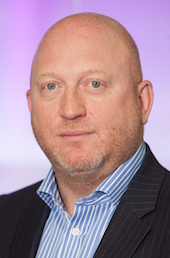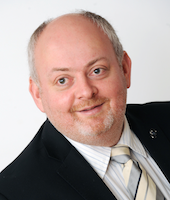The latest stage in Ofcom's strategic review of digital communications, published today, shows it's listening to the industry's concerns but the big question about BT-Openreach separation has been somewhat dampened by the potential impact of OTT players, according to Matthew Howett, Practice Leader, Regulation at Ovum.
"Leading up to its publication, BT and its rivals had been engaged in a bitter war of words in relation to where Ofcom should focus its priorities.
"Rivals to BT believe the incumbent should be further split up and the access division, Openreach, hived off. BT responded calling for PayTV to be in the spotlight. Both of these have made it into the discussion document, however neither should probably be the focus."
The strategic review seeks to ensure that the industry continues to meet the needs of end users. The last such review, a decade ago, lasted almost two years and ultimately led to the separation of BT's access network.
"This review is unlikely to result in a further separation of the incumbent," added Howett.
"While Ofcom recognises there are challenges with Openreach, in particular in relation to service quality, it heavily suggests that further separation will not address these, and could ultimately be disproportionate. That's not to say that tweaks to the Openreach model aren't likely.
"What this review really does is present an opportunity for the regulator to properly consider the impact competing services coming from so called OTT players are having on the sector, and whether this impact warrants further deregulation of the traditional communications markets.
"As new, more nimble players such as Skype and WhatsApp have arrived on the scene and competed away traditional telco revenues, regulators have been somewhat constrained in their ability to react, and certainly have not responded in the way telcos might have liked.
"This is where Ofcom's focus ought to be, and could even be an area where BT and its rivals find mutual agreement."

 Olive Communications has picked up Vodafone UK's Platinum Partner of the Year award at the operator's Fifth Annual Partner Conference held at St Johns in Solihull (9th July).
Olive Communications has picked up Vodafone UK's Platinum Partner of the Year award at the operator's Fifth Annual Partner Conference held at St Johns in Solihull (9th July). Business leaders unable to contain and manage the burgeoning mobility trend occurring under their noses are certain to welcome an initiative launched by Exclusive Networks UK, according to its Country Manager Graham Jones (pictured).
Business leaders unable to contain and manage the burgeoning mobility trend occurring under their noses are certain to welcome an initiative launched by Exclusive Networks UK, according to its Country Manager Graham Jones (pictured). Scottish network infrastructure specialist Xtreme Business Solutions has invested £50k in technical equipment as part of its growth strategy.
Scottish network infrastructure specialist Xtreme Business Solutions has invested £50k in technical equipment as part of its growth strategy.